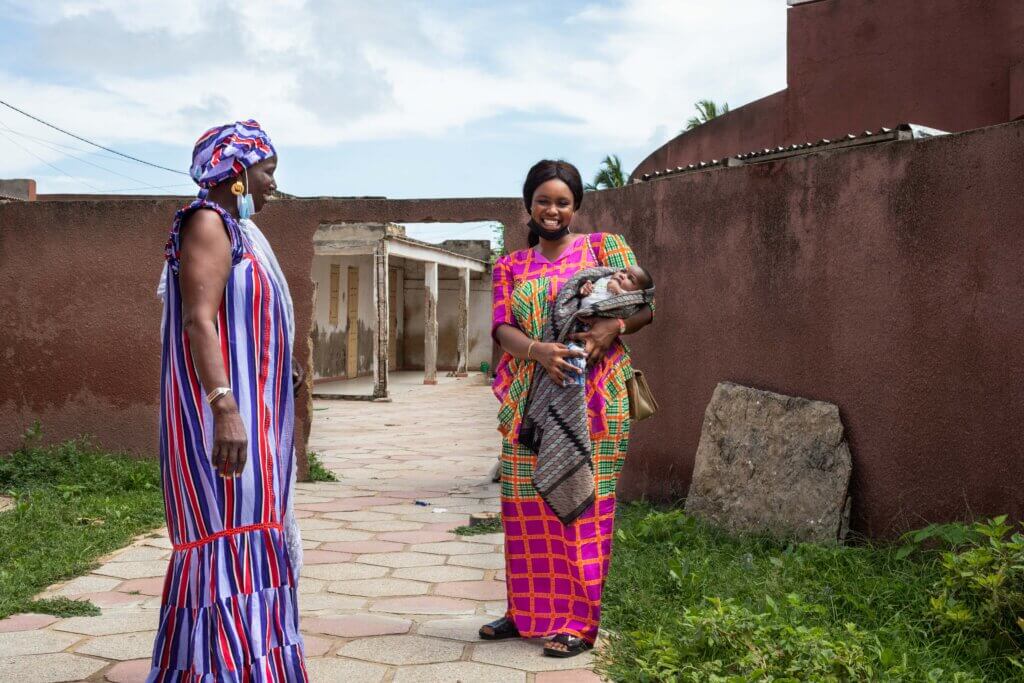For the communities MSI serves, the climate crisis isn’t hypothetical: They experience it firsthand every day.
Our teams have responded to floods in Pakistan, devastating mudslides in Ethiopia, and drought in Madagascar. But the truth is, there’s more to do: MSI estimates that over the next decade, 14 million women are at risk of losing access to contraception due to climate-related disruptions.
Left unaddressed, these disruptions will result in 6.2 million unintended pregnancies. 2.1 million women will turn to life-threatening unsafe abortions. And 5,800 additional women will die due to pregnancy-related causes.
We must do more. That’s why, at this year’s Clinton Global Initiative 2024 Annual Meeting, we’re announcing a new partnership with Blue Ventures to reach 1.5 million people in vulnerable coastal communities in Kenya, Tanzania, and Senegal with integrated health and environmental information.

We’ll draw on our long-standing partnership with Blue Ventures in protected and coastal areas of Madagascar, where we’ve worked together to provide family planning alongside community-based conservation efforts.
Since 2007, we’ve seen that by combining health services and information with conservation efforts, we can help community members improve their climate resilience.
With access to contraception, women are better able to pursue paid employment in sustainable industries like seaweed and sea cucumber farming. Families have the chance to space their pregnancies, protecting their health and letting them plan for the future. And local ecosystems, supported by community-based management, can thrive.
Carole Sekimpi, Senior Africa Director of MSI Reproductive Choices, explained the stakes: “It’s time we started listening to those who are bearing the brunt of the climate crisis. Extreme weather is challenging millions to reimagine a new normal, but for women and girls in sub-Saharan coastal communities these impacts are especially acute. What they are telling us loud and clear is that while navigating the crisis they want reproductive choice to help them adapt, support their families and take on decision-making roles. We must stop seeing women and girls as only the victims of climate change and instead give them the tools they need to become part of the solution.”
Working in partnership, we can reach women and girls with the healthcare and support they need to boldly face the future.